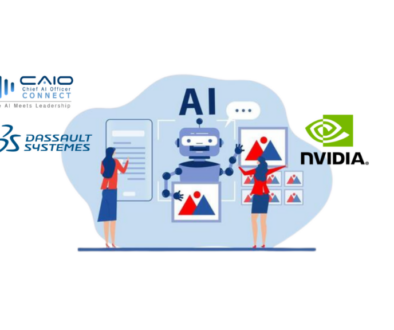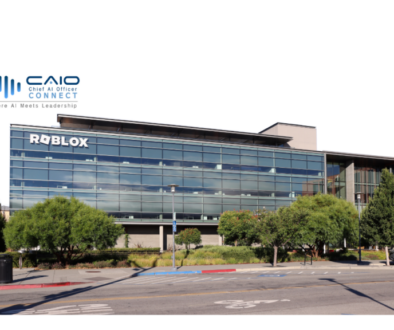7 Career Lessons from Meta’s Bold AI Restructuring
The artificial intelligence race is heating up, and big tech companies are reshaping themselves to stay ahead. Recently, Alexandr Wang, Meta’s Chief AI Officer, announced a dramatic restructuring of Meta’s Superintelligence Labs (MSL). His bold memo reorganized research and development into four specialized teams — a move that signals both urgency and ambition in the pursuit of “personal superintelligence,” AI that could outperform humans in intellectual tasks.
While the shake-up is a corporate story, it holds lessons for professionals everywhere. Whether you’re in technology, business, or even just starting your career, the themes behind this restructuring provide a masterclass in leadership, adaptability, and career growth. Here are seven key takeaways.
1. Bold Vision Demands Decisive Action
It’s easy to talk about the future, but turning vision into reality requires tough choices. Wang dissolved entire groups, reassigned leaders, and streamlined the lab’s focus. The lesson? Don’t be afraid to act boldly when clarity of purpose demands it. In your own career, this could mean letting go of outdated projects, pivoting to a new skill, or taking a leap into an emerging industry. Vision without execution is just a dream.
2. Centralize Where It Counts
Wang brought research, infrastructure, and applied product teams under a clear chain of command. By centralizing critical functions, he reduced duplication and improved collaboration. For professionals, the takeaway is to focus your energy on central priorities rather than scattering efforts across too many tasks. Ask yourself: what is core to your growth and success, and what can be delegated or trimmed down?
3. Adaptability Is a Superpower
AI is evolving at lightning speed, and Meta’s restructuring shows how quickly organizations must adapt. Similarly, careers thrive on flexibility. The tools, skills, and even industries that dominate today may become obsolete tomorrow. Instead of clinging to one rigid path, cultivate a mindset of adaptability. Update your skills regularly, explore adjacent roles, and be willing to reinvent yourself when the landscape shifts.
4. Leadership Means Empowering Others
Though Wang centralized oversight, he also trusted capable leaders to take charge of key areas — for instance, Nat Friedman leading product integration and Aparna Ramani heading infrastructure. The principle is clear: good leadership isn’t about control, but empowerment. Even if you’re not in a management role, you can practice this by mentoring peers, sharing knowledge, or collaborating in ways that lift the whole team.
5. Communication Shapes Impact
Wang’s restructuring memo wasn’t just a bureaucratic note — it was a rallying cry. He explained why the changes were necessary, what the goals were, and how teams would contribute. The career lesson? Clear communication is as important as competence. Whether pitching a project, applying for a role, or leading a team, the ability to articulate vision and intent sets you apart from the rest.
6. Balance Speed with Structure
In fast-moving fields like AI, speed is critical. But without structure, speed can turn into chaos. Wang’s restructuring struck a balance: accelerating progress while ensuring teams had defined roles and responsibilities. For professionals, this means you should act fast when opportunities arise, but also create sustainable systems — from personal routines to project workflows — that prevent burnout and confusion.
7. Audacity Earns Respect — When Paired with Preparation
Finally, bold moves alone don’t inspire trust; preparation does. Wang’s restructuring worked because it was backed by expertise, timing, and a clear roadmap. In your career, being audacious — applying for a stretch role, launching a side project, or proposing a new idea — can win respect, but only if you’ve done the groundwork. Courage plus preparation is the formula for credibility.
Meta’s restructuring of Superintelligence Labs is more than a corporate shuffle; it’s a signal of how ambition, speed, and adaptability are shaping the future of work. Alexandr Wang’s memo shows that leading through change requires vision, decisiveness, and the ability to empower others. For professionals, the career lessons are timeless: act boldly, focus on what matters, stay adaptable, communicate clearly, and prepare thoroughly. Whether you’re an AI researcher, a startup founder, or a student just entering the workforce, these principles will help you navigate uncertainty and seize opportunities in your own journey.
The AI era is not just transforming technology — it’s redefining what it means to build a career. The real question is: will you adapt as boldly as the organizations leading the charge?



